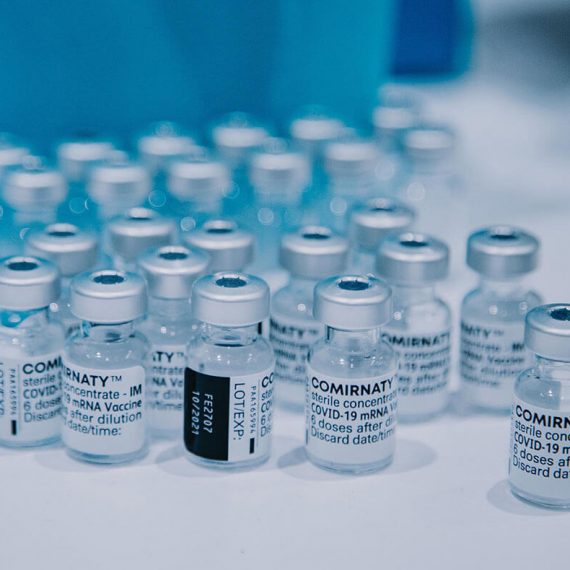As the world of medicine and nutrition evolves, so does the production of pharmaceutical raw materials and food additives. With new advancements in technology and an increasing demand for high-quality and affordable products, the future of these industries looks promising.
One major area of focus for the future of pharmaceutical raw material production is the use of artificial intelligence (AI) and machine learning. AI can be used to predict potential quality issues during the manufacturing process, allowing for faster and more efficient identification and resolution of any problems. This can ultimately lead to increased productivity and cost savings.
Another area of interest is the use of 3D printing technology in pharmaceutical production. This technology allows for more precise and customizable dosages, which can improve patient outcomes and reduce waste. Additionally, 3D printing can reduce the need for large-scale production facilities, which can be costly and time-consuming to build.
Food additive production is also seeing advancements, particularly in the area of sustainable and plant-based ingredients. With more consumers seeking plant-based and eco-friendly options, manufacturers are exploring new ways to create these additives using renewable resources. Additionally, there is an increasing focus on reducing waste and improving the recyclability of packaging materials.
Overall, the future of pharmaceutical raw material and food additive production looks promising. With new technologies and a growing demand for high-quality and sustainable products, manufacturers are poised to make great strides in these industries in the years to come.








